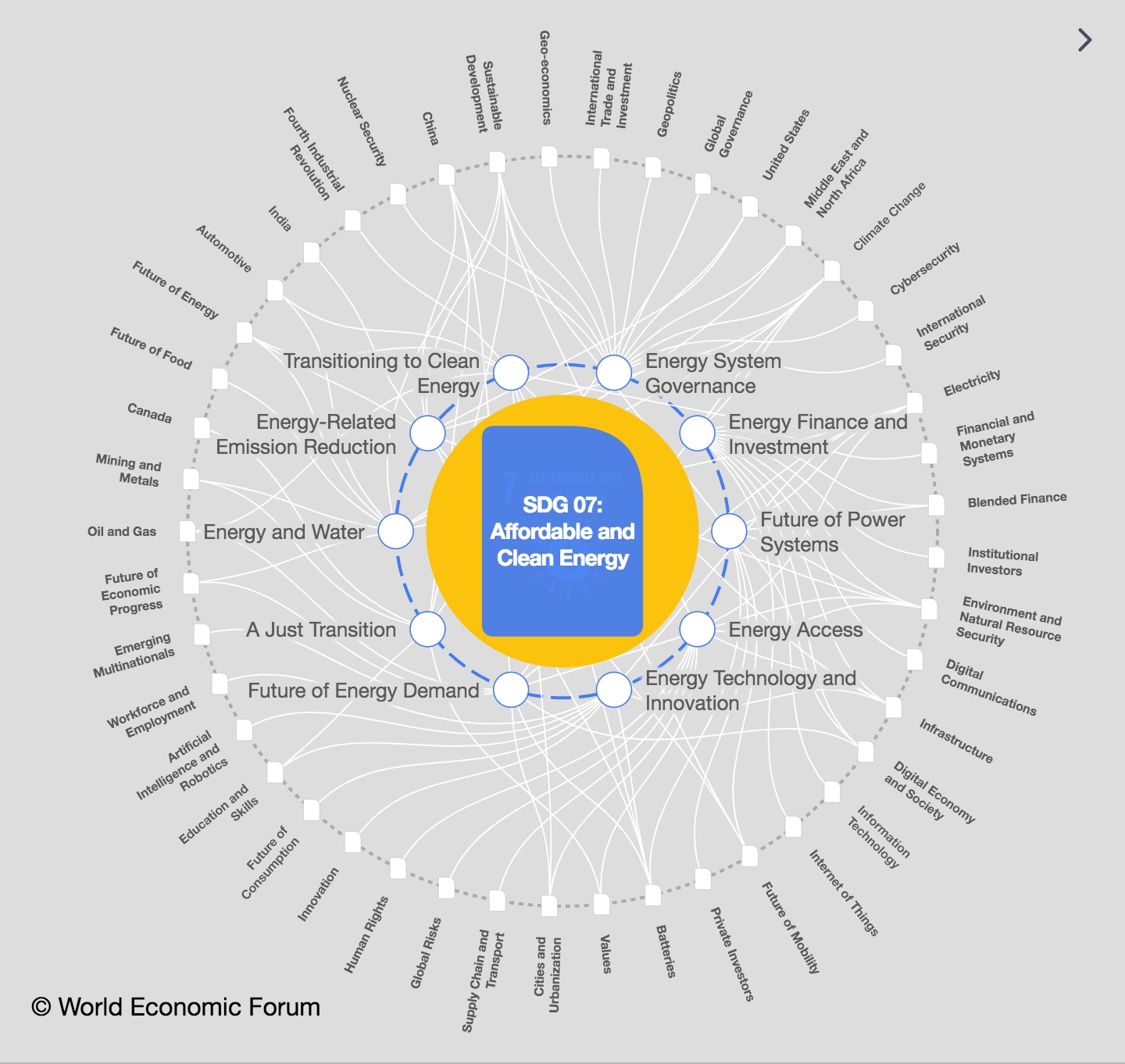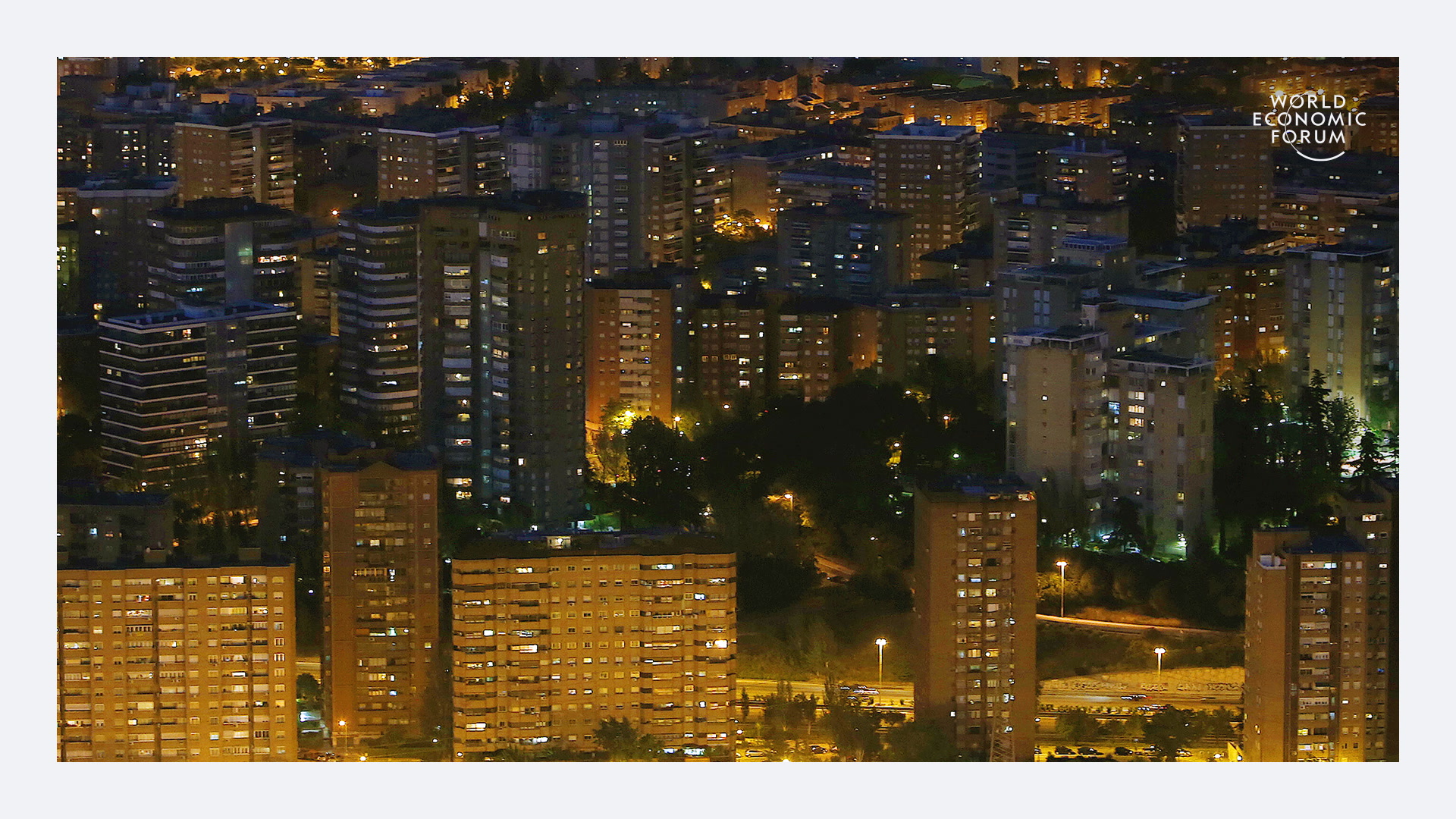25 million people in Africa and Asia cannot afford electricity due to the COVID-19 pandemic

The COVID-19 pandemic affected clean energy access in Africa and Asia the most. Image: REUTERS/Siphiwe Sibeko

Get involved with our crowdsourced digital platform to deliver impact at scale
Stay up to date:
SDG 07: Affordable and Clean Energy
- A new report from the International Renewable Energy Agency highlights the impact the COVID-19 pandemic has had on SDG 7: Access to Affordable and Clean Energy.
- Around 759 million people around the world still live without electricity.
- Governments and institutions see renewable energy as the means to bridge the gap.
The economic toll from the COVID-19 pandemic has left more than 25 million people in Africa and Asia unable to afford electricity, threatening a global goal to provide clean energy access to everyone by 2030, international agencies warned on Monday.
Two-thirds of those affected were in sub-Saharan Africa, deepening disparities in the region's access to electricity, according to an annual global report tracking progress on sustainable energy.
Millions struggled to pay for essential electricity services to power lighting, fans, televisions and mobile phones as the COVID-19 crisis hit jobs and incomes in 2020, the report said.
This threatens progress in the last decade, which saw more than a billion people gaining access to electricity since 2010, making 90% of the world's population connected in 2019.
A threat to the goal of providing clean energy access by 2030?
The pandemic has now put the U.N.-backed goal to ensure all have electricity by 2030 "in jeopardy", with the number of people without power in Africa rising in 2020 after falling for the last six years, the report said.
"Access to electricity is critical to development, especially in the context of mitigating the impacts of COVID-19 and supporting human and economic recovery," said Demetrios Papathanasiou, global director for energy and extractives at the World Bank.
About 759 million people still live without electricity, half of them in fragile and conflict-torn countries, he noted.
This could exacerbate broader inequalities, he added, as electrification of health facilities is vital to support vaccine deployment and the pandemic response in developing nations.
"Lack of clean energy access affects the quality of public health and will require additional efforts to establish the data, communications, logistics and reliable cold chain to administer vaccines," he told the Thomson Reuters Foundation.
Under current and planned policies, an estimated 660 million people would still lack access to clean energy in 2030, said the report released by the International Energy Agency, International Renewable Energy Agency, U.N. Department of Economic and Social Affairs, World Bank and World Health Organization (WHO).
What is the World Economic Forum on Africa?
Clean cooking
About a third of the world's population - or 2.6 billion people - still had no access to clean cooking methods in 2019, despite gains in large parts of Asia, the report showed.
The problem was most acute in sub-Saharan Africa, where about 900 million people, or 85% of the region's population, used smoky cooking fuels like kerosene, coal and wood.
The largely stagnant progress on clean cooking is responsible for millions of deaths each year from breathing in smoke and toxic emissions, with women and children especially vulnerable to household air pollution, the agencies said.
Maria Neira, the WHO's environment, climate change and health director, said scaling up clean energy access is key to protecting human health and promoting healthier populations, particularly in rural areas.
The groups called for more renewables, which account for about a quarter of global power output, to ramp up electrification efforts in developing countries.
Renewable energy has seen huge growth in the last decade, with more than a third of the increase in generation in 2018 coming from East Asia, driven by solar and wind power in China.
"Greater efforts to mobilise and scale up investment are essential to ensure that clean energy access progress continues in developing economies," Fatih Birol, executive director of the Paris-based IEA, said in a statement.
"This fairer and cleaner energy future is achievable if governments work together to step up actions."
Don't miss any update on this topic
Create a free account and access your personalized content collection with our latest publications and analyses.
License and Republishing
World Economic Forum articles may be republished in accordance with the Creative Commons Attribution-NonCommercial-NoDerivatives 4.0 International Public License, and in accordance with our Terms of Use.
The views expressed in this article are those of the author alone and not the World Economic Forum.
Related topics:
The Agenda Weekly
A weekly update of the most important issues driving the global agenda
You can unsubscribe at any time using the link in our emails. For more details, review our privacy policy.
More on Energy TransitionSee all
Robin Pomeroy and Sophia Akram
April 26, 2024
Liam Coleman
April 25, 2024
Tarek Sultan
April 24, 2024
Jennifer Holmgren
April 23, 2024






